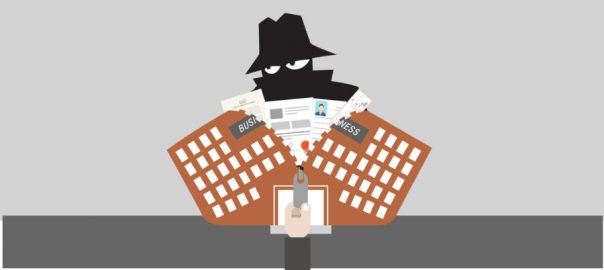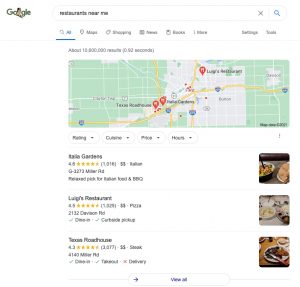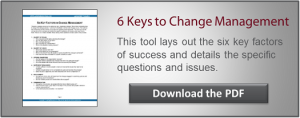— June 21, 2017
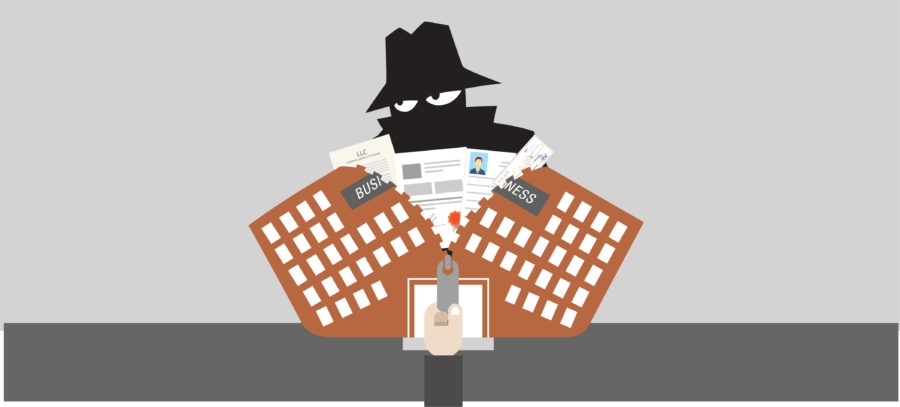
Business Identity Theft 101
Identity theft comes in all shapes and sizes. Despite the effort we put into protecting our financial accounts, Social Security numbers and online login credentials, we’ve seen identity crimes continue to grow.
We know it’s important to protect our personal identities. But when was the last time you thought about protecting your small business’ identity?
Like people, businesses can also fall victim to identity theft. Criminals take on a business’ identity to target its funds, file fraudulent tax returns, take out loans, apply for lines of credit and accumulate debt under the company’s name.
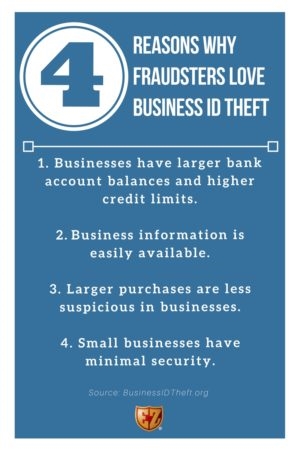 Wait, my business has an identity too?
Wait, my business has an identity too?
In 2015, 250,000 small businesses were targeted in business fraud schemes. Total losses amounted to approximately $ 3.1 billion.
But, business ID theft is more complex than your average business fraud. It involves “the actual impersonation of the business itself,” and it can be especially damaging if the owner’s and business’ identities are one in the same. Like personal identity theft, criminals will wreak havoc on your credit, business funds and sensitive files – leaving you and your business to clean up the mess.
Criminals go the extra mile
Fraudsters are smart, and they take advantage of their surroundings – exploiting loopholes in lax filing systems and hiding behind virtual offices and telephone services. These tools help criminals to maintain fake business facades so that they can misuse information for longer, while remaining undetected.
Unfortunately, business ID theft can be enough to put your company out of business. You could lose business funds and personal income, receive negative credit reporting, experience changes in your state and federal tax standings and become responsible for the liabilities of company credit cards, loans and accounts.
In short, business ID theft can create big problems for your small business. Stay tuned for Part 2, where we’ll discuss methods that help criminals carry out their business identity theft schemes.
What should you do?
To keep your business’ identity away from criminals, protect its sensitive information like it was your own.
- Lock down your computer networks. Be sure that you’re using up-to-date anti-malware programs, as well as firewalls to protect your sensitive business network. Criminals hack into your business networks to obtain your sensitive data and files.
- Regularly review your state registration records and protect sensitive business information. Check for discrepancies and changes to your business’ records that could indicate business identity theft.
- Monitor business credit reports. Keep your eyes peeled for signs of suspicious activity, new lines of credit or unusual spending patterns.
- Immediately report any suspicious findings to the credit bureaus, the FTC and any necessary law enforcement agencies.
Business & Finance Articles on Business 2 Community
(75)
Report Post